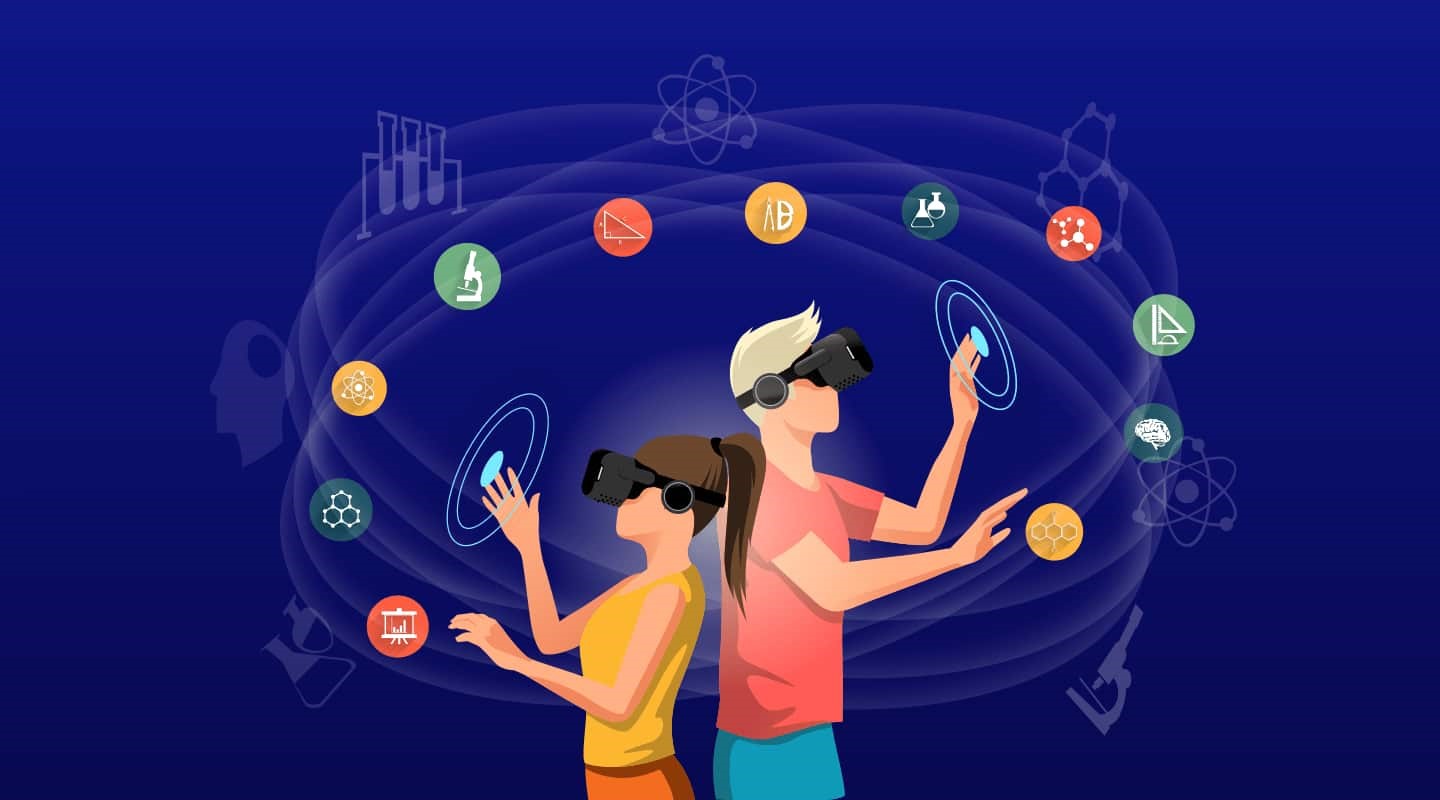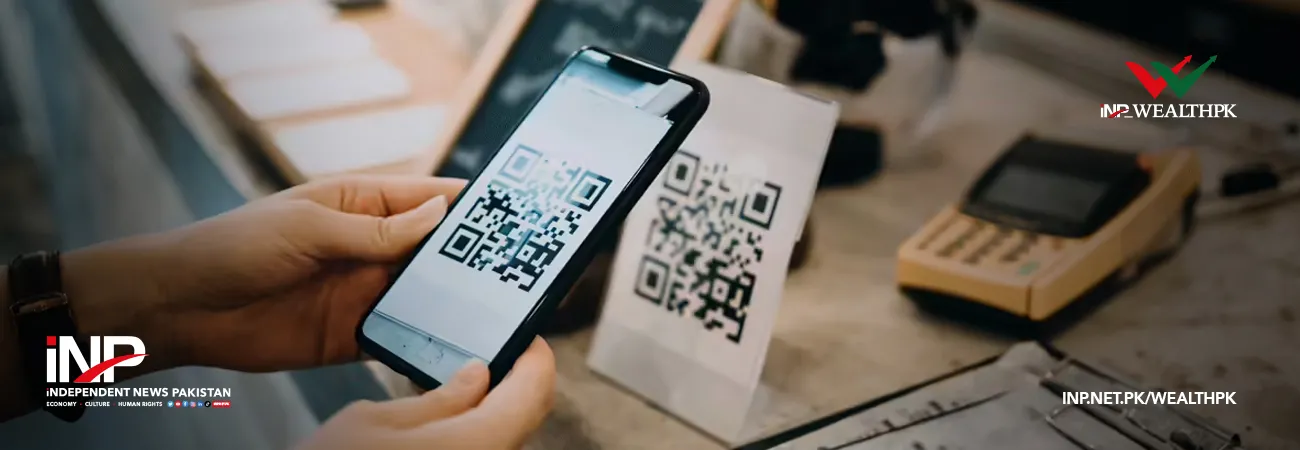INP-WealthPk
Aitizaz Hassan
Technology is gaining a foothold in Pakistan to a solid degree as startups are using augmented reality (AR), virtual reality (VR) and extended reality (XR) in various sectors to improve business methods. According to a report of Pakistan Software Export Board (PSEB), around 40 startups used these technologies in eight different sectors in Pakistan.

The PSEB report says that the country saw its first brush with a VR startup when Aiyin, an Islamabad-based ed-tech startup, became the runner-up in the Global Maker Challenge, and won Rs1.65 million. The report says that Pakistani startups are using AR/VR/XR technologies in the ed-tech, prop-tech, software houses, entertainment, gaming, health-tech, tourism and e-commerce.
Wonder Tree is an AR startup aimed at children that require special education. The startup allows students to access science labs using their tech. Wonder Tree produces games that help enhance children’s motor, cognitive, and educational skills. They have a user base of more than 6,500 children and their gaming solutions are being used in 19 hospitals, 57 schools, and 187 houses.
The report says that Orbit-Ed provides enterprises with a VR platform to optimise the learning and training of their employees. The startup recently announced its pre-seed round in August 2022 led by Boost VC which brings up its total funding to $800,000. Besides EdTech, the XR industry is also making leaps and bounds in the health-tech sector. In November 2021, Ziauddin University introduced Pakistan’s first VR dental simulator known as Virteasy Dental. The tool was installed at the digital dental lab at the School of Dentistry.
In 2022, famous food and grocery startup foodpanda used VR to introduce a new system for onboarding talent in Pakistan. The delivery giant used VR glasses to give students a feel of the foodpanda workplace during its many job fairs held in numerous universities in Sindh’s capital city of Karachi. The VR market saw another uptick in Pakistan when Digisol announced its partnership with Zero Density as a channel partner.
Zero Density, which has a cutting-edge virtual studio and AR solutions, will give an edge to TV broadcasters, media production houses, content generators, and other institutions in Pakistan. Tourism has also been a sweet spot for the VR industry with many using virtual reality to give their customers a feel of different locations before they make the trip in person. Companies like Virtual Pakistan are selling interactive aerial tours, while HD360 creates virtual tours on demand. HD360 has also created dozens of virtual tours for factories, educational institutions and housing societies.
The concept of metaverse has also been picking up in Pakistan, with the country entering one of the most famous decentralised metaverse platforms through the aid of Mudassir Ali and Umair Mustafa who created a 3D view of Faisal Masjid in the Decentraland Metaverse. Decentraland, which allows users to buy virtual properties as non-fungible tokens (NFTs), is considered to be one of the biggest metaverse platforms, and the currency uses its ranks as the biggest metaverse currency with a market cap of around $4.5 billion.
Euphoria XR is a creative technology company that produces next-generation experiences for world-class brands. Euphoria product InterApp recently raised a $1.2 million funding in August 2022. The funding is going to be used for the mass adoption of AR technology in Pakistan.
Gaming and software houses are also increasingly getting into the creation of Metaverse games. Kiwi Creations is a trusted AR, VR, and game development company. They have created eminent game solutions for entrepreneurs, startups, and Fortune 50+ companies alike. With a 99% job success ratio, they have delivered over 100 projects. Their speciality is the creation of metaverse games.
Credit : Independent News Pakistan-WealthPk













